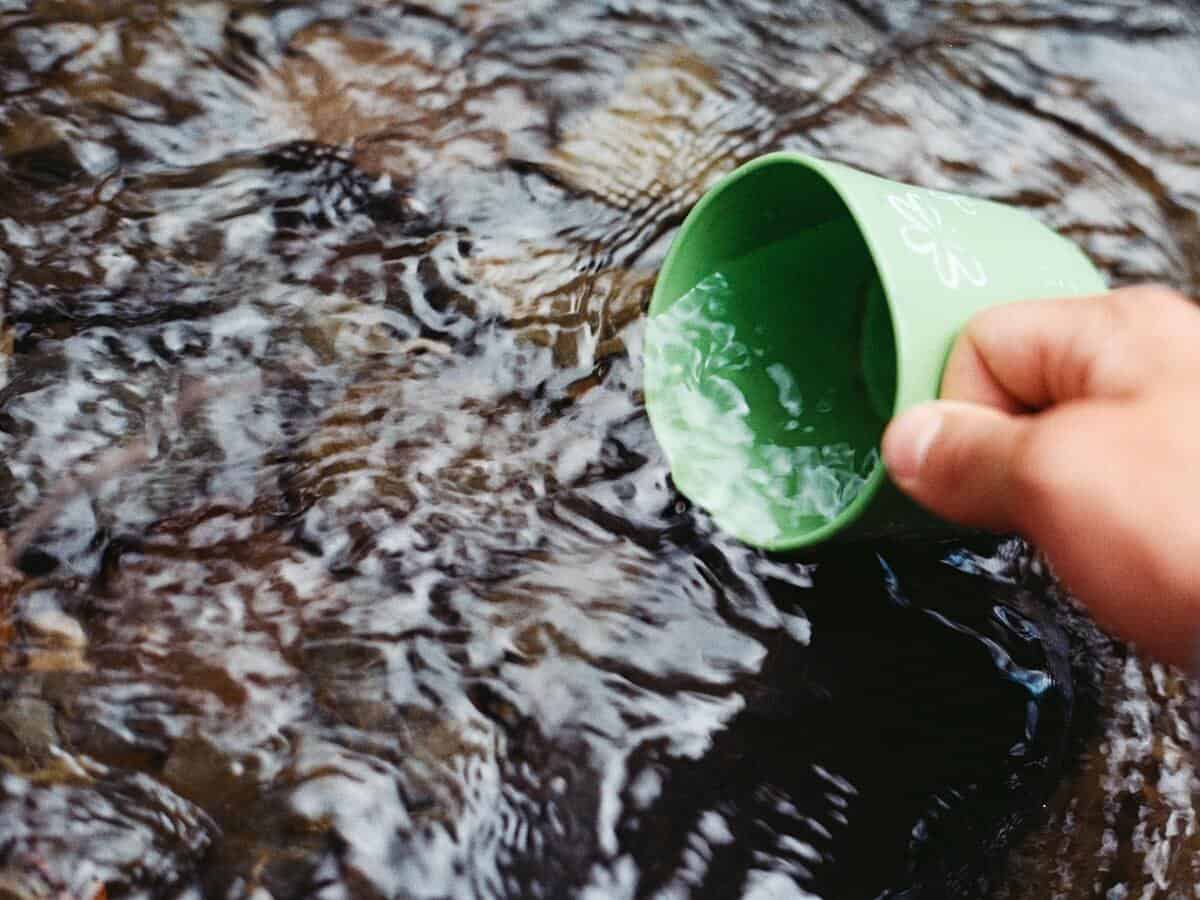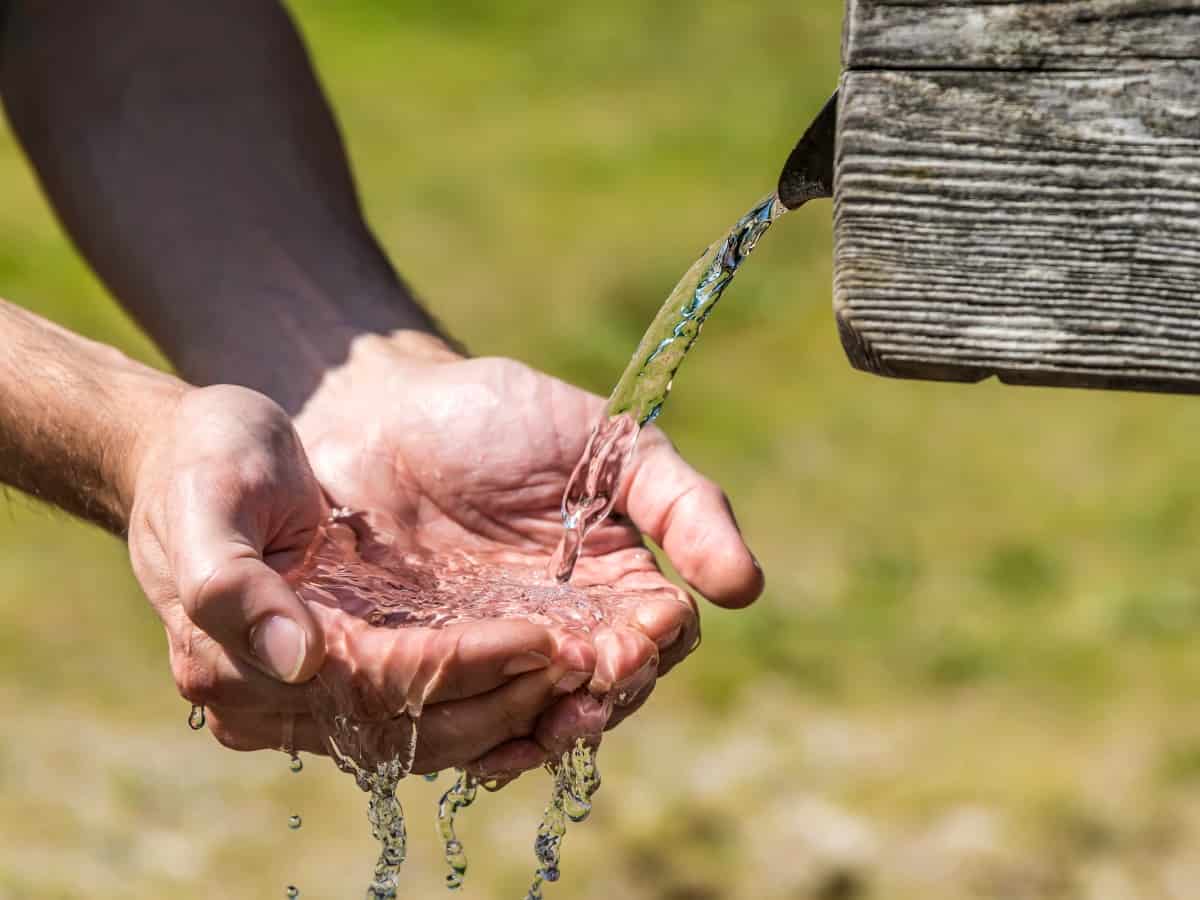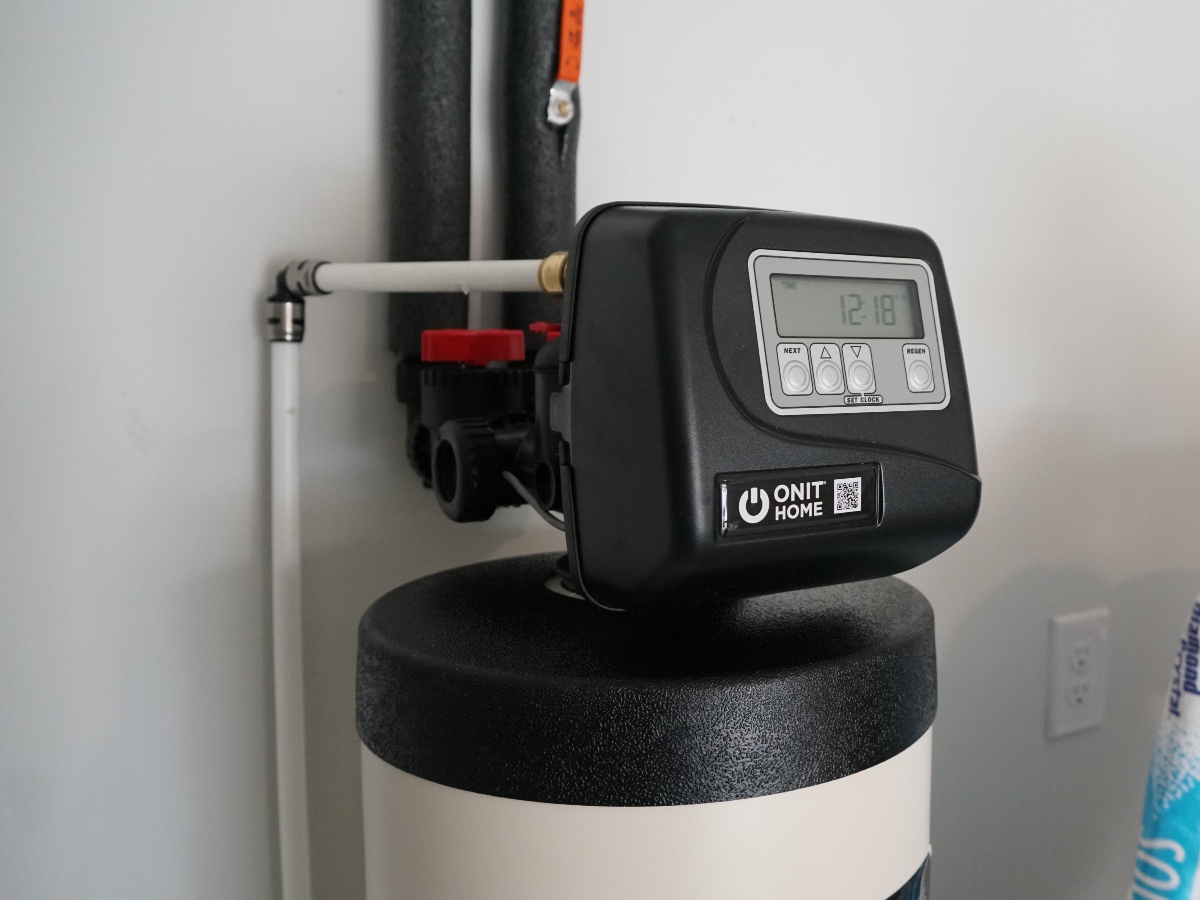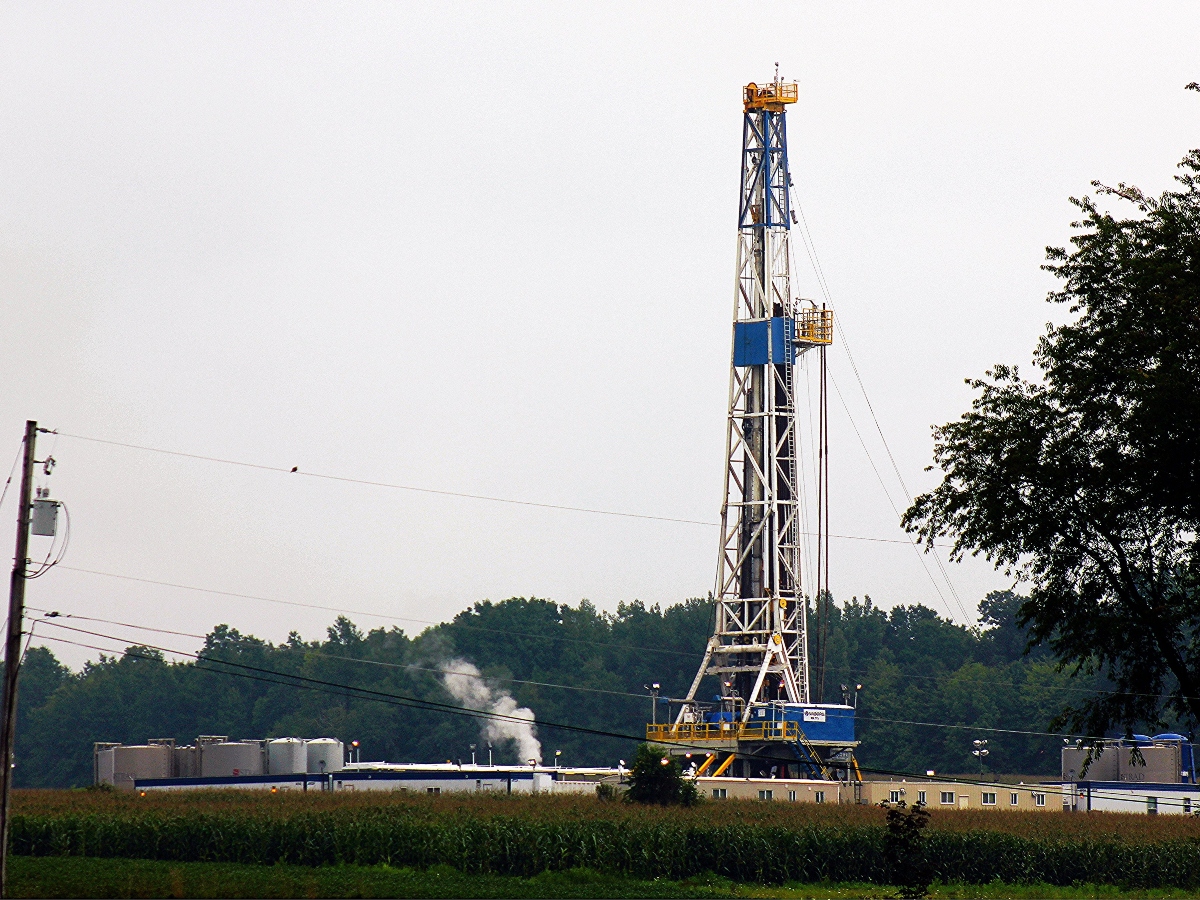Fracking has often been a controversial topic all around the globe. While you might wonder what is fracking used for and what its effects are, some are making billions by using the process. But, on the other hand, some are adamantly opposed to the process. Mining companies that reap millions of dollars from this lucrative business deem fracking safe with no long-term effects on the world. On the other hand, environmentally friendly sources and activists condemn this act. They cite both documented and undocumented effects of it. In addition, they highlight how fracking ultimately affects our environment, mainly underground water. Undeniable evidence, both documented and undocumented, shows that the fracking process puts our health, environment, and climate at considerable risk.
To answer the question, what is fracking used for? It is used as a mining technique. But even more important than knowing what fracking is used for is knowing its effects. Let’s explore explore the subject and how it affects groundwater!
What is Fracking?
Fracking is drilling into the earth using a high-pressure mixture of water, sand, and chemicals. The high-pressure water opens existing fissures to mine the oil and gas trapped by the subterranean rock.
Fracking was adopted as a mining method in the 1940s. It was discovered that high-pressure jets of water could be used to open up the impermeable rocks that had oil and gas. The fractures expanded naturally or through force by machines, which is what was referred to as fracking.
Fracking is used for extracting oil, natural gas, geothermal energy, and even water from deep underground. This process has extracted more than seven trillion barrels of oil and 600 trillion cubic feet of natural oil.
The UK suspended all fracking activities as it was believed to cause earthquakes near Blackpool. Later on, the ban would be lifted, but environmentalists fiercely opposed the move. So apart from effects such as earthquakes, let’s focus on how it affects groundwater.

How Does Fracking Affect Groundwater?
Groundwater is water found in the cracks and spaces in soil, sand, and rocks. Currently, in the world, groundwater accounts for around 30 percent of readily available fresh water. This process has an extensive impact on underground water. Although fracking requires strict compliance with laws, not all drilling companies follow the set rules. The negligence by these companies leads to the groundwater being interfered with, leading to environmental and social degradation.
The Effect With Contaminating Groundwater
This is a hot debate, where proponents and even researchers of fracking believe it does not affect groundwater. However, it is undeniably true that the fracking process appears to have some effects on drinking groundwater. One way fracking affects drinking water is by contaminating it. For instance, around 200 000 gallons of chemicals (80 tons) facilitate a four billion gallon fracking activity. These chemicals are transported and stored in towns where the process will occur. The presence of these many chemicals in one location presents a risk. In case of mishandling and spillage and that may lead to harm.
Another critical thing to note is that when there is a spillage, companies rarely share information about the chemicals involved, leaving the communities vulnerable and clueless about which chemical spilled and its effects on them. In areas where there was fracking, the underground water has traces of contamination. The contamination is because the chemicals used end up as residues and mix with the underground water. High levels of Methane, ethane, benzene, and chromium – 6 are usually detected in wells near fracking operations. The explosive methane gas is usually found to have slipped into the community’s water. In some cases, residents light their water, and it produces a flame. The water lighting up confirms that there are traces of methane gas.
Lowering Water Levels
The fracking process uses a lot of water. The fracking fluid comprises 97 percent water in addition to chemicals and proppants. According to the United States Geological Survey, a single fracking well consumes an average of between 1.5 million gallons and 7.7 gallons of water. That is a lot of water. The massive usage of water leads to depletion of water supply in areas where fracking occurs.
Water used in the fracking process depends on key factors such as the type of well and the formation of rock that contains the oil or gas. In addition, the water used is, in many cases, fresh groundwater, leading to, in most cases, a conflict between the communities involved. Smaller streams and those with a lower flow are at a higher risk as they could dry when fracking is used as a mining method. The effects of fracking are devastating, especially in areas that also practice irrigation and depend solely on groundwater for drinking.
Undoubtedly, the fracking process reduces the availability of safe drinking water to communities living around the fracking operations. The significant water shortage is usually imminent and adversely affects the communities involved. Due to the obvious effects of fracking, some states are taking action. For instance, the Pennsylvania Department of Environmental protection put rules to prevent drillers from excessive withdrawal. But unfortunately, as much as there are laws, their compliance is relatively low.
Salty Water
After oil and gas mining through fracking, one of the effects left behind is salty water. Some mitigation has been tried, like recycling the water, but it never worked. While pursuing recycling, companies tried to put the used water back, which ended up tragic. The wastewater ended up too salty. In fact, the water became three to five times more saline than seawater.
Leached salt from the bottom would mix with the fracking fluid, mostly water, resulting in salty water. Further research has shown that the excess salt in water could be removed, though not a hundred percent. The proposed process is the succession stages of electro dialysis. The process would not make water fit for consumption. Instead, it would be clean to the extent of being reused in fracking. This would reduce the amounts of freshwater used from groundwater at single-use.

Naturally Occurring Radioactive Materials
Fracking releases naturally occurring radioactive materials from shale deposits. The frack fluid carries these substances. In addition, since the frack fluid returns to the surface with backflow, it can easily get into contact with groundwater. The frack fluid has highly toxic components. Some of these components have components that may be carcinogenic. Furthermore, this fracking fluid comes into contact with heavy metals, which may have radioactive elements naturally occurring in their shale. Traces of radium and other hydrocarbon compounds can be identified in wells near the sites and wastewater.
Increases Cost of Treating Groundwater
Most companies calculate the cost of ferrying water from sources far away from the site. This renders a huge cost. In turn, they prefer to get the water from sources close to a site. Mark you, the water in these sources is highly likely to be contaminated. The high contamination overburdens the local treatment companies that try to purify the water.
Cleaning contaminated water is so expensive and time-consuming for treatment companies. Building a single fracking filtration plant can cost more than $6 billion. The costs incurred to reverse the fracking effects are massive. These funds would have been directed to other environmentally friendly aspects of the economy.
Contaminated Groundwater Leads to Health Issues
The tremendous amount required for this process needs to be stored and to facilitate this, drillers make two large open pits. The first pit stores water used in the fracking process, while the second pit would be a reservoir for the fracking fluid. Having an underground pit to store the fracking fluid makes it more likely to interact with groundwater. When it mixes with groundwater and is consumed, the water contaminated by the fracking fluid severely affects humans and animals. For example, there have been animal deaths resulting from this water consumption.
Some of the health effects include:
- Severe headaches
- Asthma symptoms
- Cardiac problems
- Congenital disabilities
- Skin irritation
- Brain and nervous breakdown dysfunctions
- Gastrointestinal issues

Next Steps Available
Research has revealed that pollution from the fracking process leads to unhealthy levels of smog and toxic air contaminants. But the pollution does not stop with air pollution. It extends to groundwater. When groundwater mixes with volatile chemicals, it gets polluted. The pollution shrinks the fresh groundwater reservoirs and makes those present dangerous to our health. Now that you understand what it’s used for and its effects on drinking water, it is high time you became vigilant about the water that you consume. Unfortunately, mining companies overemphasize what is fracking used for and not its impact. As much as scientists and policymakers are trying to research and put in place measures to mitigate these catastrophic effects, you have to step up for your own sake.
Look Towards ONIT Home For Your Home Water Filtration Needs
At ONIT Home, we’re committed to providing solutions in the form of products and technology that address your specific needs. For instance, after testing your water for contamination, you can install a water filtration system that eliminates health hazards. For more information, call us right now at 1-833-433-0331 or request your quote online today.



